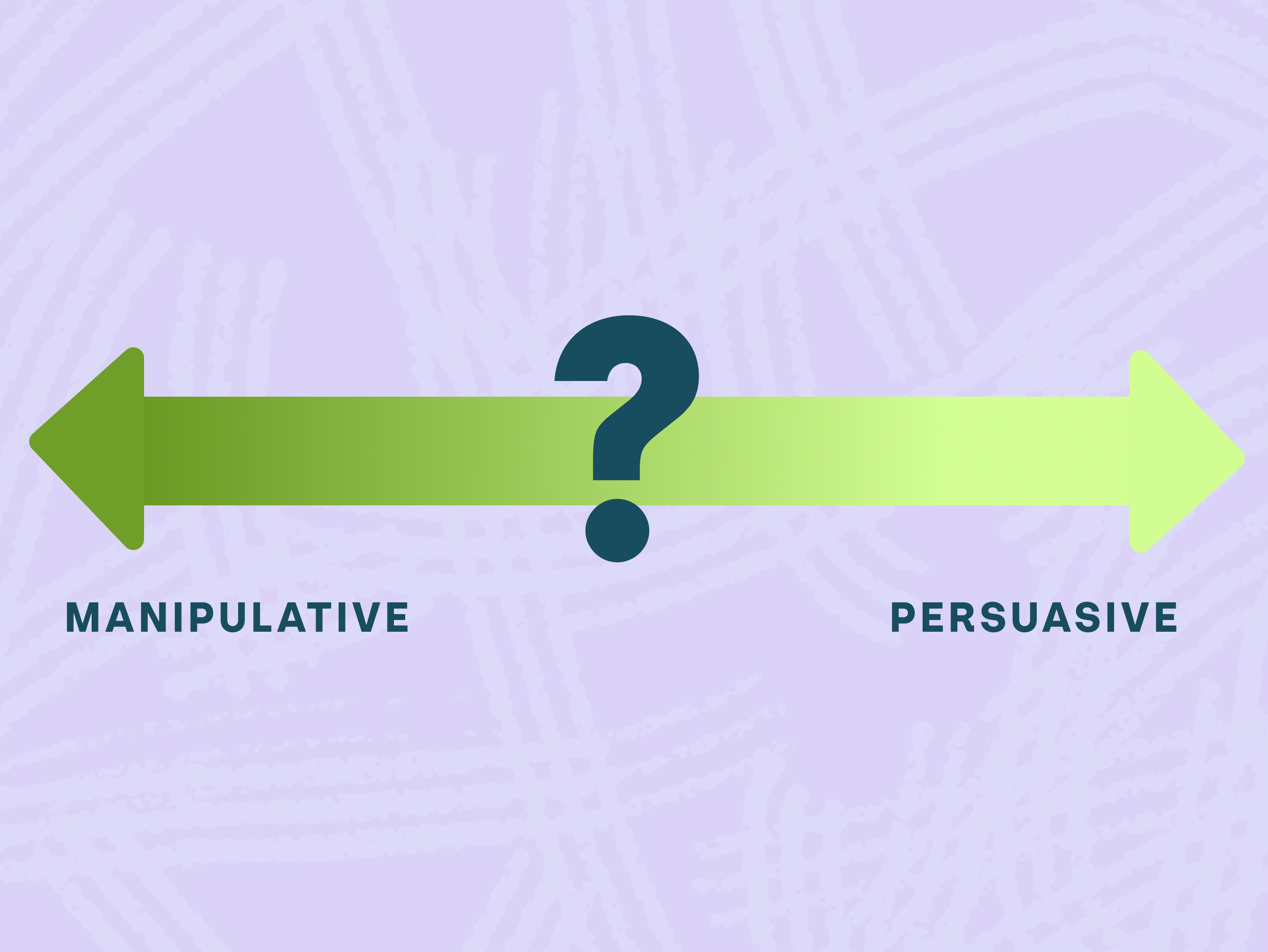Stopping Solution Pollution
Shifting away from being a product "feature factory"

Be a product team, not a feature factory.
This was a takeaway from the recent INDUSTRY: The Product Conference and it seems like a no-brainer, but it’s easy to get caught up in the race to release the latest and greatest feature (AI, anyone?). Companies can find themselves in a never-ending cycle of churning out “solutions”, sometimes losing sight of their customers' true needs in the process.
"Our job [product management] is to define who our customers are and what their needs are—focusing on discovery and not solution pollution.”
This captures the essence of a customer-centric approach to product development. Let’s look at why shifting from a feature-centric mindset to one that leads with the customer is the better path to product success.
Know your customer.
Do cookie-cutter personas and demographics really help you? We recently completed a research report in which we developed personas, but you know what? Age, race, ethnicity, gender, marital status, income, and education had no bearing on persona clustering.
Any customer-centric team will tell you that you need to have a deep understanding of who your customers are–really understanding their pain points, desires, and motivations. And sometimes this means you’ll know what they need better than they do. Are they clamoring for AI, or do they really just want a way to streamline workflows?
Tailor your product development efforts to address their specific needs. Don’t be a "one-size-fits-all" feature factory.
Uncover needs & practice empathy.
Listen to customer feedback, observe their interactions, and continually seek insights into what problems they're trying to solve. Customer feedback should be viewed as a valuable source of information, not as an interruption in your development process.
Prioritize empathy over efficiency. A successful product team is one that empathizes with the customer's experience, understanding that the path to a solution may involve iterations and changes based on real user feedback.
Be proactive.
The concept of "solution pollution" refers to the tendency to bombard your product with a barrage of features and solutions without a clear understanding of their relevance to the customer, or the long-term vision of the product and organization. This not only dilutes the product but also diverts resources and focus away from addressing actual customer needs (aka the things that will drive company growth).
Be proactive in discovering and addressing problems. Take the time to analyze user data, conduct usability testing, and iterate based on feedback. While this may slow down initial development, it ultimately leads to a more efficient and customer-focused product in the long run.

Becoming a product team.
The shift from a feature factory to a product team takes a cultural transformation. It means fostering a mindset that values continuous improvement, customer-centricity, and collaboration.
- Empowering cross-functional teams: Encourage designers, researchers, developers, product managers, and other departments to work together in close collaboration, ensuring that everyone is aligned with the customer's needs. Put an end to silos already (!!!).
- Prioritizing data-driven decisions: It’s hard to measure the impact of product work, but making use of data helps. Data should be a central part of your decision-making process. And it can help to get others to buy in on what you’re working on.
- Iterative development: Adopt an iterative approach to product development, where solutions are built, tested, and refined based on ongoing feedback and insights. Sometimes we don’t have the luxury of time and that’s okay. Find the balance you need to still be impactful without a bunch of waste.
- Clear communication: Ensure everyone in the organization understands the importance of focusing on customer needs and actively shares feedback and insights. Sales, for example, may have the most interaction with a customer. Encourage them to share.
“Let’s be a product team, not a feature factory" can feel jarring to some teams, but it's a good reminder of the approach needed to thrive in today's competitive landscape. Stop pushing features that your customers don’t really care about. Become the customer-centric product team that builds solutions that really matter. And evangelize your approach throughout your organization along the way.
The payoff will be big time–both in terms of user experience and satisfaction, and positively impacting the company’s bottom line.
What's Next?
Have a project you’re working on and need some support? Reach out to us.
Do you just want to chat about product, UX, research, process, and methodologies? We’re down for that too. Let's chat.
Do you want to avoid talking to another human being right now? We get it. Sign up for our Curious Communications newsletter to stay up to date on all things UX and other curiosities. We’ll hit your inbox every few weeks.
Check out our Ultimate Guide to UX Research & Product Design Services
Looking for insights for healthtech product leaders, delivered to your inbox every few weeks? Sign up for our newsletter.
Currently exploring
UX Mastery



.svg)
.svg)
.svg)
.svg)
.svg)
.png)


.svg)

